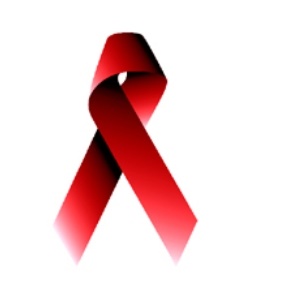
Almost half of American adults infected with HIV don't take medications that can prevent them from developing Aids, a new government report shows.
The statistics, based on data gathered from 2007 to 2012, are a few years out of date, so it's not clear whether the situation has changed. Still, the report – an analysis of people aged 18 to 59 – suggests a widespread lack of recommended care.
Higher among certain groups
"Based on what we know nowadays, everyone who's HIV-positive should be on therapy," said Dr Carlos del Rio, co-director of the Centre for Aids Research at Emory University, in Atlanta. "This highlights the challenges we have ahead because we have such an unequal epidemic."
Read: Early-start ARVs ups survival
The report, authored by Dr Joseph Woodring of the U.S. National Centre for Health Statistics, estimated the prevalence of HIV infection based on a survey of more than 10,000 people. The survey found that 0.39 percent of people aged 18 to 59 who lived in U.S. households were HIV-positive, meaning they were infected with the virus that causes Aids. That's less than half of 1 percent. Of those, only 52 percent were taking antiretroviral medication for HIV.
Not surprisingly, infection rate numbers were higher among certain groups considered to be at high risk. Among those who'd had sex with 10 or more people in their lives, the rate of infection was a bit closer to 1 percent, at 0.68 percent. And among men who'd reported ever having sexual contact with other men, the rate was 7.7 percent compared to 0.17 percent of men without such contact.
Read: 5 ways to improve adherence to ARVs
Men remain more likely to be HIV-positive than women, and blacks more than any other racial group, with a rate estimated at 1.6 percent. That is seven times higher than other racial or ethnic groups. The numbers highlight "the enormous disparity" in the HIV epidemic, del Rio said. "HIV is a concentrated epidemic, and does not affect people equally."
A society that cares
Dr David Margolis, an HIV specialist at the University of North Carolina at Chapel Hill, said the findings aren't surprising. The epidemic has remained stable, he said, and there's been "little progress in getting diagnosis and care to enough of the affected populations".
Read: Why you shouldn't delay ART
The number of HIV-positive people who hadn't taken recommended antiretroviral treatment within the last month is 48 percent, and del Rio said these statistics reveal how far off those numbers are from the goal of UNAIDS for the year 2020. The goal: that 90 percent of HIV-infected people know their status, 90 percent of diagnosed people are on antiretroviral medications and 90 percent of those on treatment have no detectable virus in their blood.
Eli Rosenberg, an assistant professor of epidemiology at Emory University's Rollins School of Public Health, cautioned that a limited number of HIV-people were surveyed.
But "what's clear is that the number of people not receiving effective therapy is high and at levels we should not tolerate as a society that cares about the medical state of its people," he said.
Read more:




 Publications
Publications
 Partners
Partners















